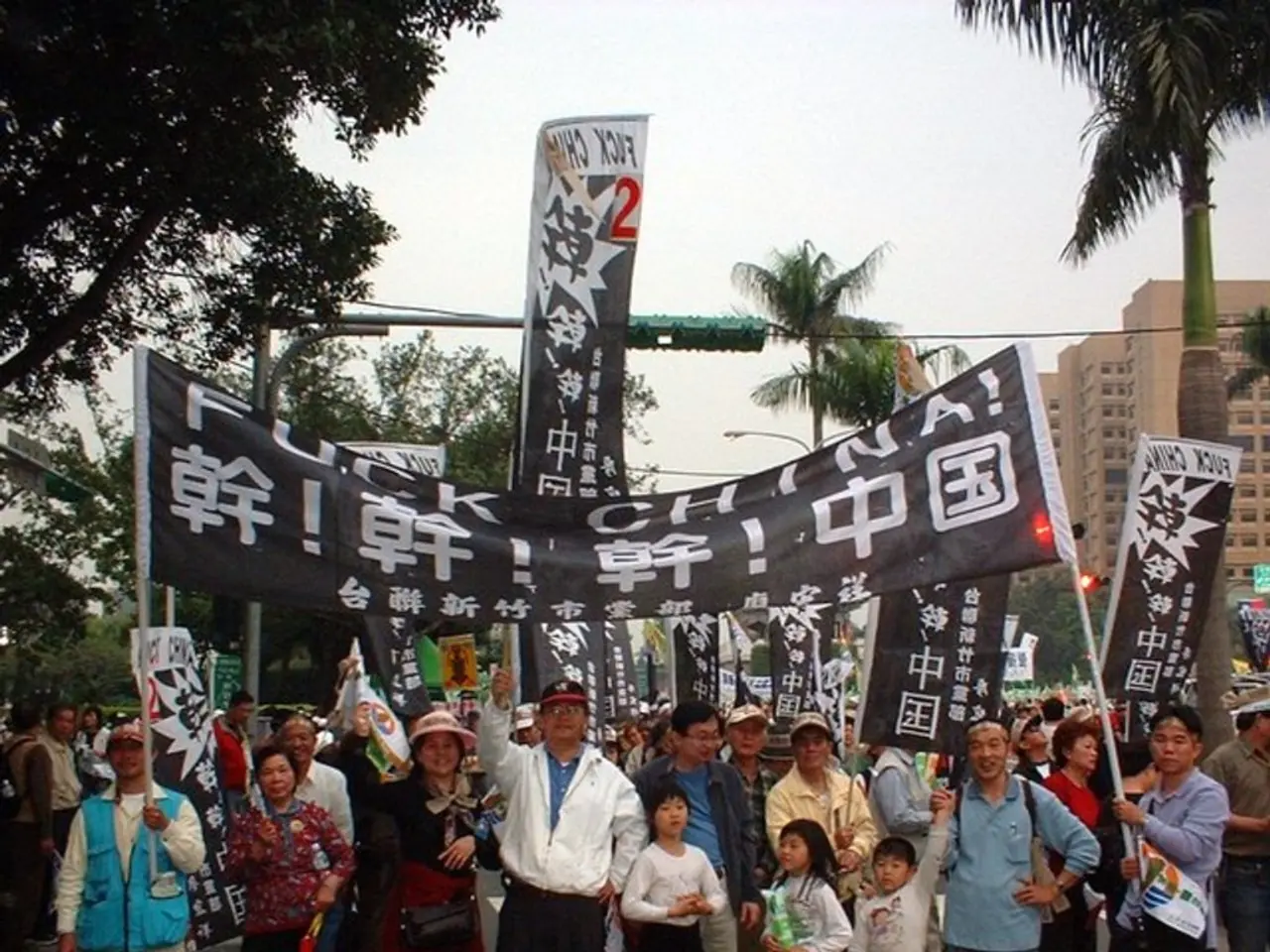On British 'buffer zones', engaging in quiet prayer may not automatically lead to criminal charges
In a controversial move, a national buffer zone law went into effect across England and Wales on October 31, restricting activities such as silent prayer within 150 metres of abortion clinics or hospitals providing abortion services. The law, intended to protect vulnerable women, has sparked debate over free speech and religious liberty.
The rule, enacted last year, states that it is an offensive to intentionally or recklessly influence a person as to whether or not they seek abortion services within a 150m radius of a clinic. Activities prohibited within these zones include informing, advising, offering counselling, or attempting to persuade someone in relation to the use of abortion facilities. Holding bibles or foetal dolls, displaying images of foetuses or babies, and singing around religious pictures are also activities banned within the zones.
Enforcement of the law has included arrests and court cases, with pro-life activists being charged for silent prayer near clinics. Army veteran and pro-life demonstrator Adam Smith-Connor was previously convicted of silently praying and is now appealing his conviction. Notable cases include that of Isabel Vaughan-Spruce, who was arrested twice for “praying in her head” within a 150-metre buffer zone but was later acquitted. However, investigations and charges remain a concern.
Critics argue that the law has led to the criminalisation of silent, peaceful prayer, viewing it as a violation of free speech and religious liberty. The Crown Prosecution Services (CPS) has released new guidelines to clarify the situation, stating that a person carrying out activities within a zone such as silent prayer "will not necessarily commit a criminal offence." The CPS has also stated that it will consider the facts, circumstances, and context of conduct within buffer zones.
Safeguarding minister Jess Phillips defends the rule, stating that it is designed to protect women. Similar measures are already in place in Scotland and Northern Ireland. Despite the controversy, pro-life activists continue to express their concerns, with Vaughan-Spruce describing the passing of the buffer zone law as a "national disgrace."
Meanwhile, Evangelical Focus has launched a sustainability challenge as part of a campaign called #OneMoreYearEF, raising questions about the future of peaceful prayer and activism within the buffer zones. People who breach the law could face an unlimited fine, posing a significant challenge for activists seeking to exercise their right to free speech and religious expression.
In a more positive development, Vaughan-Spruce received compensation after being arrested for praying near an abortion clinic, highlighting the need for clarity in the law to distinguish between harassment and peaceful prayer. As the situation continues to evolve, it remains crucial to ensure that the rights of all parties are protected and respected.
References:
- BBC News
- The Guardian
- Christian Today
- Crown Prosecution Service
- The Independent
The buffer zone law in England and Wales, enacted to protect vulnerable women, has sparked a debate over free speech and religious liberty, with critics arguing it criminalizes silent, peaceful prayer, a form of religious expression. Activists like Adam Smith-Connor, who has been arrested for silently praying near clinics, continue to face challenges due to the law's ambiguity on peaceful prayer within health-and-wellness facilities. Recently, however, cases like Vaughan-Spruce's, who received compensation after being arrested for praying, have brought attention to the need for clearer policy-and-legislation to distinguish between harassment and peaceful prayer in matters of mental-health and general-news importance.




